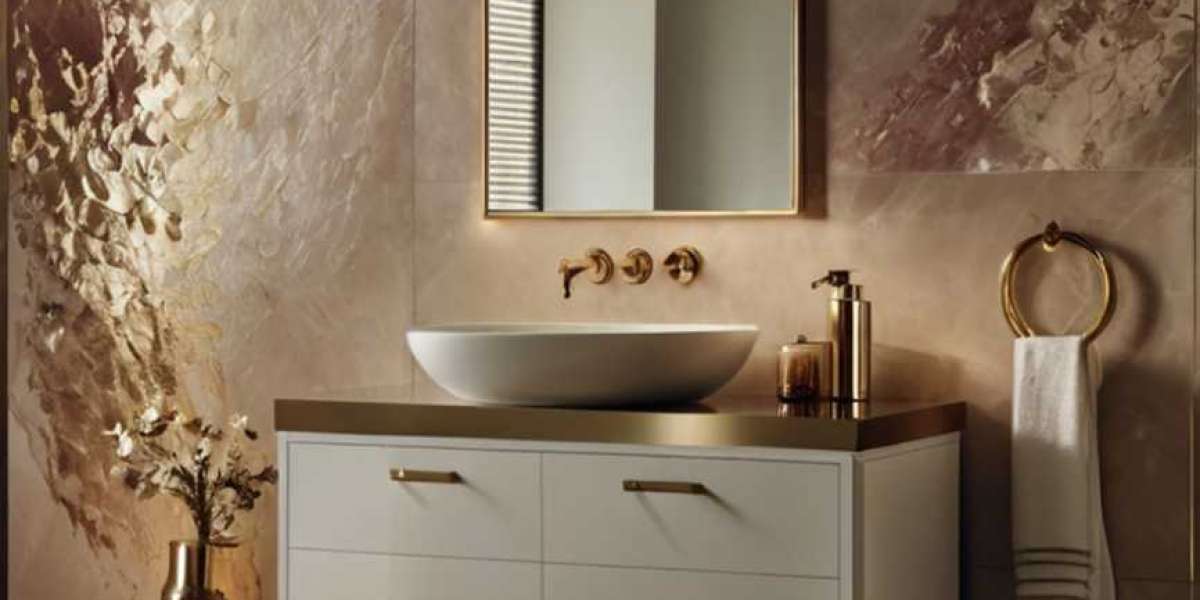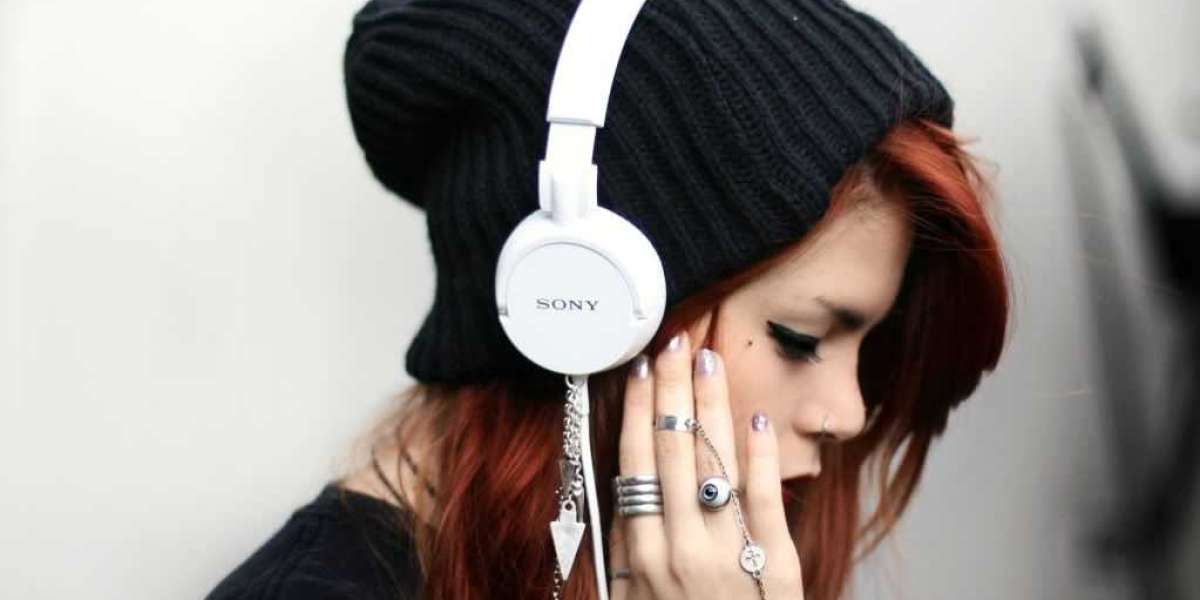Beauty and health are often treated as two different subjects-one focused on appearance, the other on physical well-being. But in reality, the two are deeply interlinked. The habits that make you look good often support the body's natural functions, and the routines of keeping healthy can actually beautify your appearance. Beauty isn't just about makeup or perfect skin; it is a reflection of how well you take care of yourself inside and out. If you look close enough, you will find that beauty and health support each other more than you may think.
1. Healthy Skin Tells the Story of Your Overall Well-Being
Your skin is the largest organ of your body, and it reflects what is happening on the inside. Hydrated, well-rested, nourished, and emotionally balanced equals naturally clear, bright, and radiant skin; whereas stress, poor nutrition, dehydration, and sleep deprivation are often manifested through breakouts, dullness, dark circles, or dryness.
That is why many beauty experts emphasise lifestyle changes alongside skincare products. True beauty begins with supporting your body's internal systems:
A well-hydrated body reflects improved elasticity and glow.
Eating antioxidants helps repair this damage.
Adequate sleep improves collagen development.
Managing stress decreases inflammation and redness.
Radiant skin can be a sign that your body is working properly.
2. Beauty Routines Support Mental Health
One of the strongest links between beauty and health pertains to mental and emotional well-being. Beauty routines act like small therapeutic rituals that help you go slower, relax, and reconnect with yourself.
Activities such as putting on moisturizer, massaging your scalp, painting nails, or even just a simple face mask are those moments of peace within a busy day. They offer a chance to breathe, reset your mood, and practice mindfulness without calling it “therapy.”
These routines help:
Reduce stress
Build self-esteem
Improve emotional regulation
Create a sense of calm and control.
When stress levels lower, your physical health benefits, too-lower cortisol leads to better sleep, improved digestion, and reduced inflammation.
3. Beauty Encourages Healthy Daily Habits
A desire to be beautiful often encourages people to make healthier choices. For instance, a person who wants to have radiant skin may start drinking more water, eating better, or establish a regular sleep pattern. A person desiring long and strong hair may start taking vitamins or avoiding heat damage from styling.
Beauty becomes a doorway to better habits since people are generally motivated by visible improvements. When one sees that their skin is beginning to clear up or that hair is growing healthier, it feels encouraging to continue in those healthy routines which caused the change.
Some beauty-inspired healthy habits include:
Eating more fruits and vegetables for skin clarity
Improving circulation through an exercise routine to achieve a natural glow
Getting more sleep for fewer eye bags
Reducing sugar to prevent breakouts
Managing stress to improve hair growth
In this way, beauty and health support each other like partners working towards the same goal.
4. Skincare Helps Strengthen the Skin Barrier
A strong skin barrier is important to overall health because it serves as a protective mechanism from bacteria, pollution, UV rays, and irritants. When skin is healthy, it protects the immune system more effectively, fending off infections.
Simple beauty habits that strengthen the skin barrier include:
Washing with a mild cleanser rather than strong soaps
Lock in moisture with a moisturizer
Wearing sunscreen every day to prevent UV damage
Barrier repair using ceramides, hyaluronic acid, and niacinamide
These habits are both beauty-enhancing and medically beneficial. Healthy skin is not just prettier—it's more protective, resilient, and efficient.
5. Beauty Boosts Confidence, Which Improves Health
Your mindset plays a potent role in your physical health. When you feel confident in your appearance, you're more likely to:
Socialize
Exercise
Practice self-care
Take positive risks
Succeed in one's job
Practice healthy habits
Confidence reduces stress and increases happiness, and both of those states lead to better physical health. Happy people tend to sleep more soundly, digest food more easily, and have stronger immune systems. Beauty, if approached in a balanced and self-loving manner, reinforces these positive emotional states.
6. Grooming habits improve hygiene and prevent illness.
Beauty also coincides with personal hygiene, which is closely related to physical health. Many beauty practices are performed to clean, protect, and care for the body:
Washing your hair prevents scalp infections.
Exfoliation removes dead skin and bacteria.
Clean nails prevent fungal infections.
Brushing teeth whitens your smile and protects heart health.
Taking off the makeup prevents clogged pores and irritation.
Healthy hygiene is a foundation for both beauty and well-being. You look better because you're healthier.
7. Beauty Routines Encourage Body Awareness
Taking time for beauty—putting on lotion, brushing your hair, massaging your face—can help you learn to pay more attention to subtle changes in your body. You may notice:
Dry patches
Unusual moles
Hair thinning
Rashes
Swelling
Acne flare-ups
Sensitivity variations
This awareness can provide early detection of problems and quicker treatment. For instance, a sudden breakout might reveal a food allergy, while brittle nails could signal a vitamin deficiency. Beauty care becomes a way to check in with your physical health daily.
8. Natural Beauty Practices Often Support Long-Term Health
Most of the natural beauty approaches, like aloe vera, honey, turmeric, or rosewater, have health benefits beyond mere appearance. So many natural ingredients have antibacterial, anti-inflammatory, and antioxidant properties that protect your skin and body.
Examples include:
Aloe vera for healing and hydration
Honey for antibacterial skincare
Turmeric for anti-inflammatory benefits
Coconut Oil for Soothing Dry Skin
Rosewater for soothing irritation
These ingredients nourish the skin without harsh chemicals, benefiting both beauty and long-term health.
9. Beauty and Health Work Best When in Balance
While beauty may support health, it becomes harmful if obsession replaces care. Extreme dieting, overuse of products, or comparing yourself to impossible standards can damage both mental and physical health. The goal is balance: to use beauty as a tool to enhance one's life, not to control it.
Healthy beauty means:
Self-care first
Choosing products that support your skin
Unrealistic expectations-false hope. Focusing on inner health as much as outer glow, when beauty is founded on wellness, it is empowering and not stressful.








